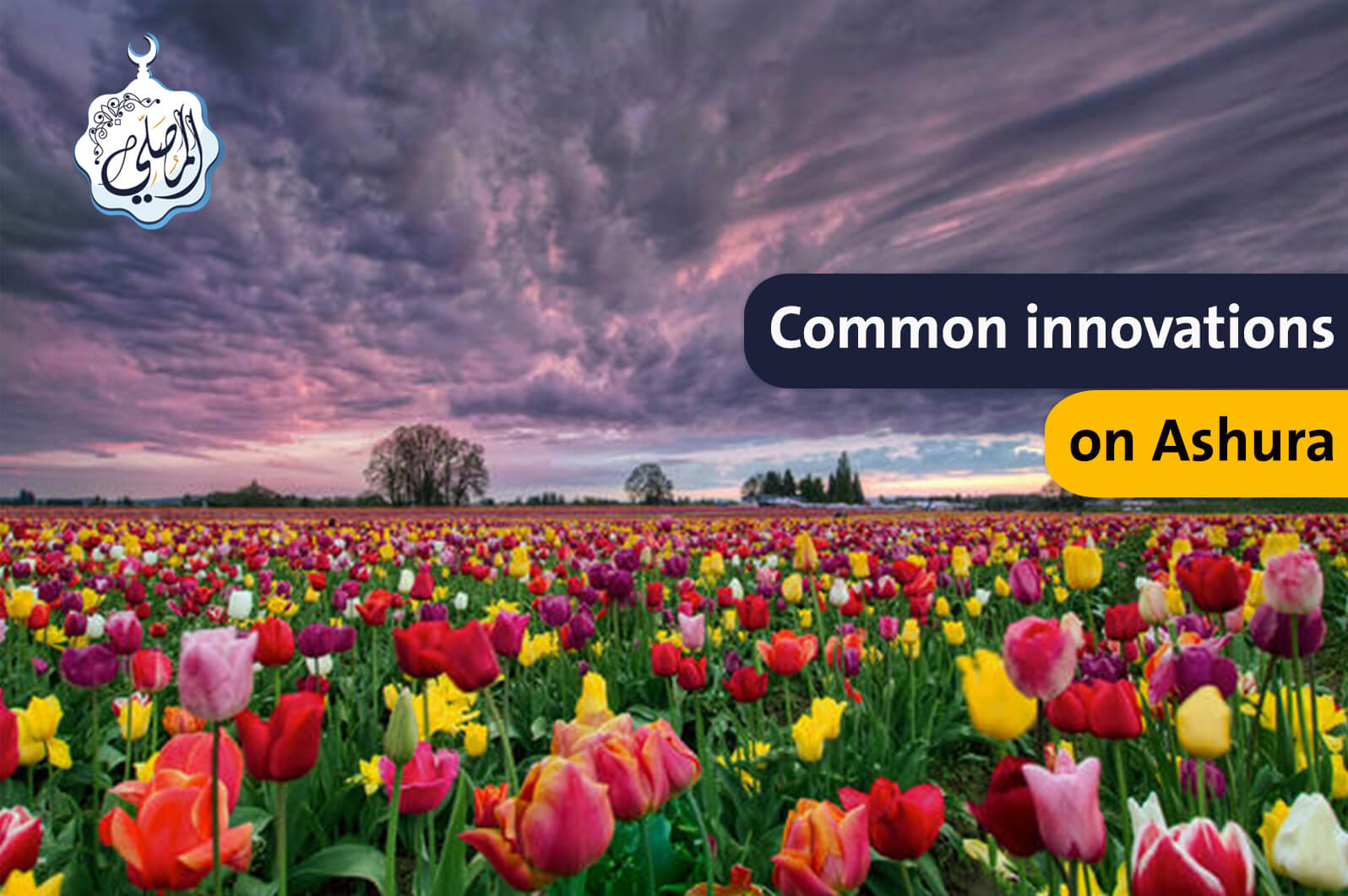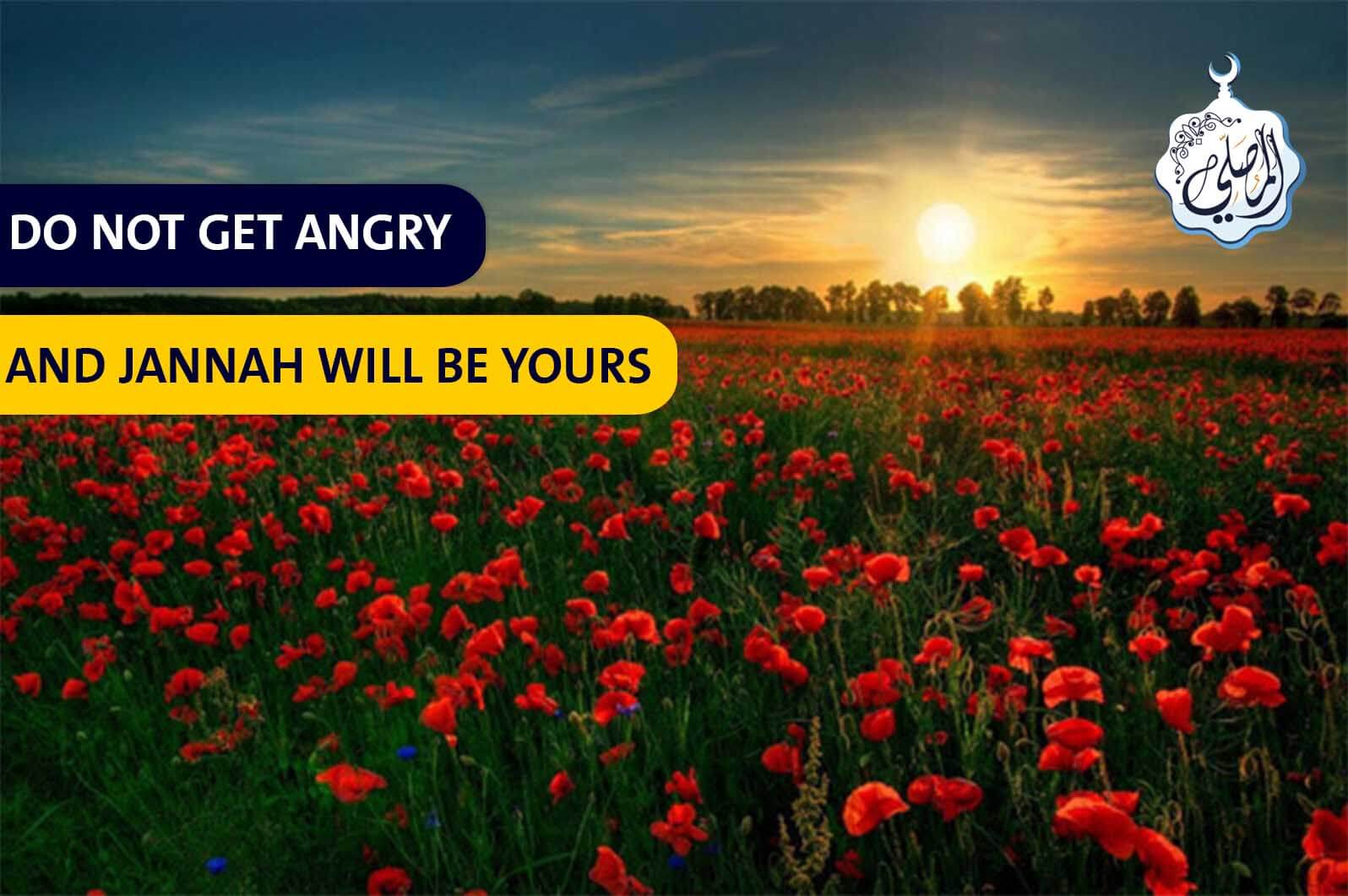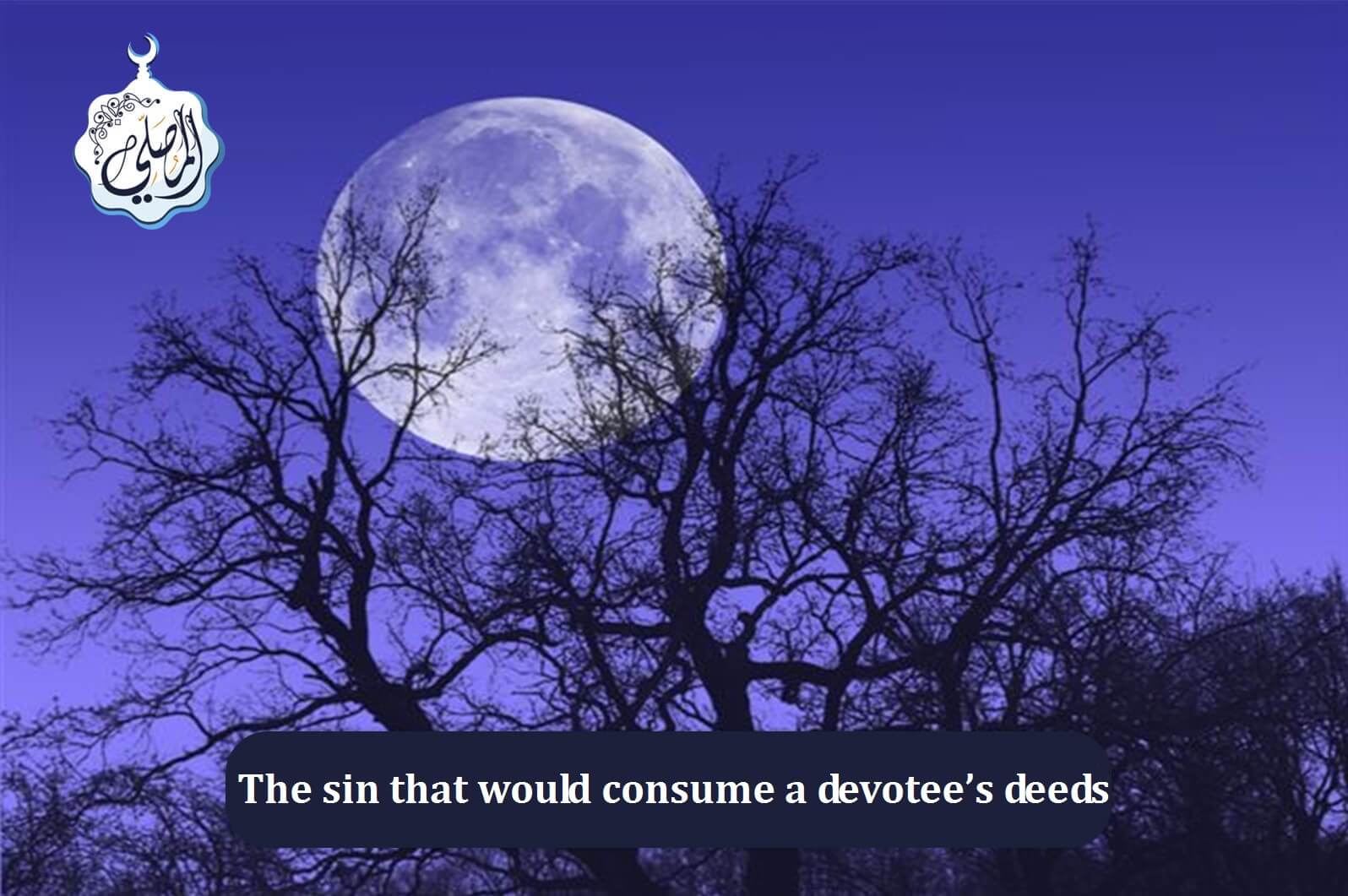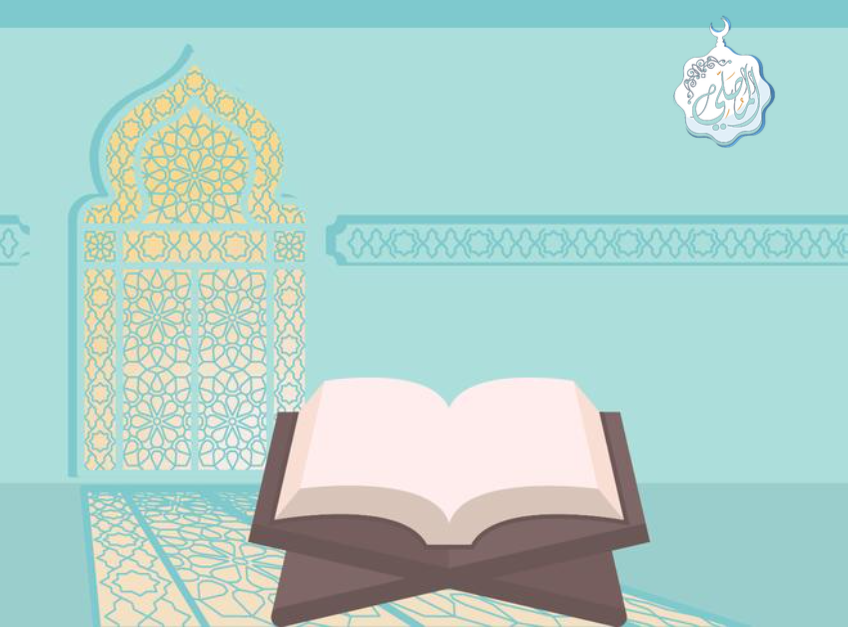
There are moments in life when the ground beneath our feet seems to crumble, when loss compounds loss until we can barely breathe. The Year of Sorrow (ʿĀm al-Ḥuzn) in the life of Prophet Muhammad (ﷺ) stands as an eternal testament to such profound grief—a year that saw the passing of his beloved wife Khadijah (RA) and his protective uncle Abu Talib in quick succession. In our own moments of heartbreak, his journey through this dark valley offers not just comfort, but a masterclass in navigating loss with faith, dignity, and ultimate trust in Divine wisdom.
1. The Anatomy of a Broken Heart: Understanding the Double Loss
To comprehend the depth of this sorrow, we must understand what these two pillars represented in the Prophet's life.
Khadijah (RA): The Heart's Home
For 25 years, she was:
His first believer and unwavering supporter
The mother of his children and keeper of his heart
His emotional sanctuary in a hostile world
The one who spent her entire fortune to support Islam
Abu Talib: The Protective Shield
Though he never embraced Islam, he was:
The uncle who raised him as his own
His political protector against the Quraysh's persecution
The chieftain whose authority provided crucial social cover
Losing both within a short span meant losing emotional sanctuary and social protection simultaneously—a devastating one-two blow that would break most people.
2. The Prophet's Response: A Blueprint for Navigating Grief
Permission to Grieve
The Prophet (ﷺ) didn't suppress his sorrow. Years after Khadijah's passing, when he saw her friend, tears would fill his eyes as he remembered her. He taught us that grief is human, that tears are permitted, and that mourning those we love is compatible with strong faith.
Turning to Allah, Not Away From Him
In his deepest pain, the Prophet (ﷺ) didn't question Allah's wisdom. Instead, he turned to Him with even greater devotion. His famous journey to Ta'if—where he was stoned and rejected—occurred during this period of vulnerability. Bleeding and heartbroken, he made one of the most profound du'as in history:
"O Allah, to You I complain of my weakness and my insignificance before people... If Your anger is not upon me, I do not care, but Your pardon is wider for me. I seek refuge in the light of Your Face by which all darkness is illuminated... that Your anger not descend upon me, nor Your displeasure find me. To You I submit until You are pleased. There is no power nor might except in You."
The Ultimate Trust in Divine Timing
When the angel of the mountains offered to crush the people of Ta'if for their rejection, the Prophet (ﷺ) responded with breathtaking compassion:
"Rather, I hope that Allah will bring from their descendants people who will worship Allah alone without associating anything with Him."
His eyes were on eternity, not immediate vengeance.
3. The Divine Consolation: Miracles in the Midst of Mourning
Remarkably, some of the greatest spiritual comforts came during this very period of profound grief. Most scholars place the miraculous Night Journey (Al-Isra' wal-Mi'raj) during this year of sorrow.
The Divine Pattern Revealed:
When the Prophet (ﷺ) was at his lowest—emotionally devastated, socially vulnerable, and physically exhausted—Allah elevated him to the highest heavens, showed him signs of His majesty, and gifted the Muslim nation the five daily prayers.
This teaches us a crucial spiritual truth: Divine proximity often comes when we feel most distant from hope. Our deepest valleys often precede our highest elevations.
4. Practical Lessons for Our Own Seasons of Sorrow
1. Grief Doesn't Mean Weak Faith
The Prophet's tears teach us that sorrow and strong iman can coexist. We don't need to feel guilty for our human emotions. As he said: "The eyes shed tears and the heart is grieved, but we will not say anything except that which pleases our Lord."
2. Keep Showing Up
Even in grief, the Prophet (ﷺ) continued his mission. He didn't abandon his responsibilities. In our own lives, maintaining our basic worship and obligations—even mechanically—creates a lifeline that pulls us through the storm.
3. Your Greatest Test May Be Your Greatest Setup
The Year of Sorrow created the necessary conditions for the Hijrah to Medina. The comfort of Mecca had to be shattered for the greater destiny of Islam's establishment to unfold. Our most painful losses often clear the ground for blessings we cannot yet imagine.
4. Trust the Process, Not the Pain
The Prophet (ﷺ) couldn't see how his grief would lead to Medina's triumph. He simply trusted Allah's process. We're called to do the same—to believe that the One who allows the heartbreak also has the healing, even when we cannot see it.
5. The Dawn After Darkness: What Followed the Year of Sorrow
The divine promise "Indeed, with hardship comes ease" (Quran 94:5) manifested beautifully after this painful year:
The Pledges of Aqabah opened the door to Medina
The Hijrah established the first Islamic state
The eventual triumph of Islam across Arabia
The Year of Sorrow wasn't the end of the story—it was the painful but necessary birth pangs of a new chapter.
Conclusion: Your Year of Sorrow Is Not Your Final Chapter
If you're in your own "Year of Sorrow"—if losses have piled up, if your heart feels too heavy to carry, if you're wondering how you'll survive the pain—remember the Prophet's journey. Your pain is not evidence of Allah's displeasure. Your tears are not signs of weak faith. Your grief is not your final destination.
The same God who sustained the Prophet (ﷺ) through the Year of Sorrow sustains you. The same promise of ease after hardship applies to your situation. The same divine wisdom that turned the Prophet's tragedy into triumph is operating in your life, even when you cannot see it.
Your heart may be broken, but it's being prepared to hold more light than you can imagine. Your tears are watering seeds of future blessings you cannot yet see. Your pain is not the end of your story—it's the difficult but sacred ground from which your next chapter will grow.
Hold on. Breathe. Trust. Your dawn is coming.
May Allah grant us the patience of the Prophet in our grief, the insight to see His wisdom in our tests, and the faith to trust His timing above our own. May He mend our broken hearts with the light of His love and make our pain a means of drawing closer to Him. Ameen.









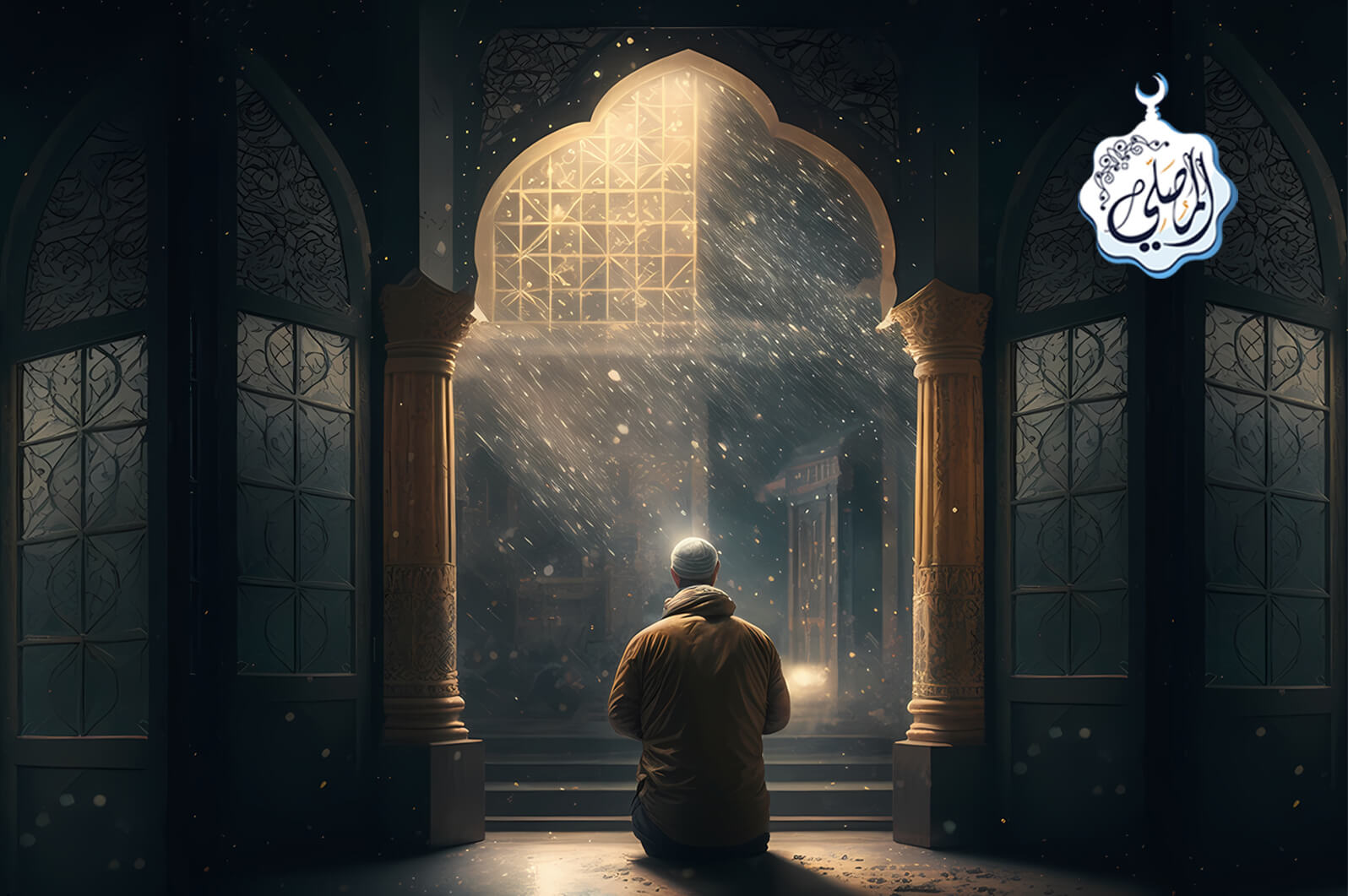
 share facebook
share facebook share whatsApp
share whatsApp share twitter
share twitter share telegram
share telegram copy
copy